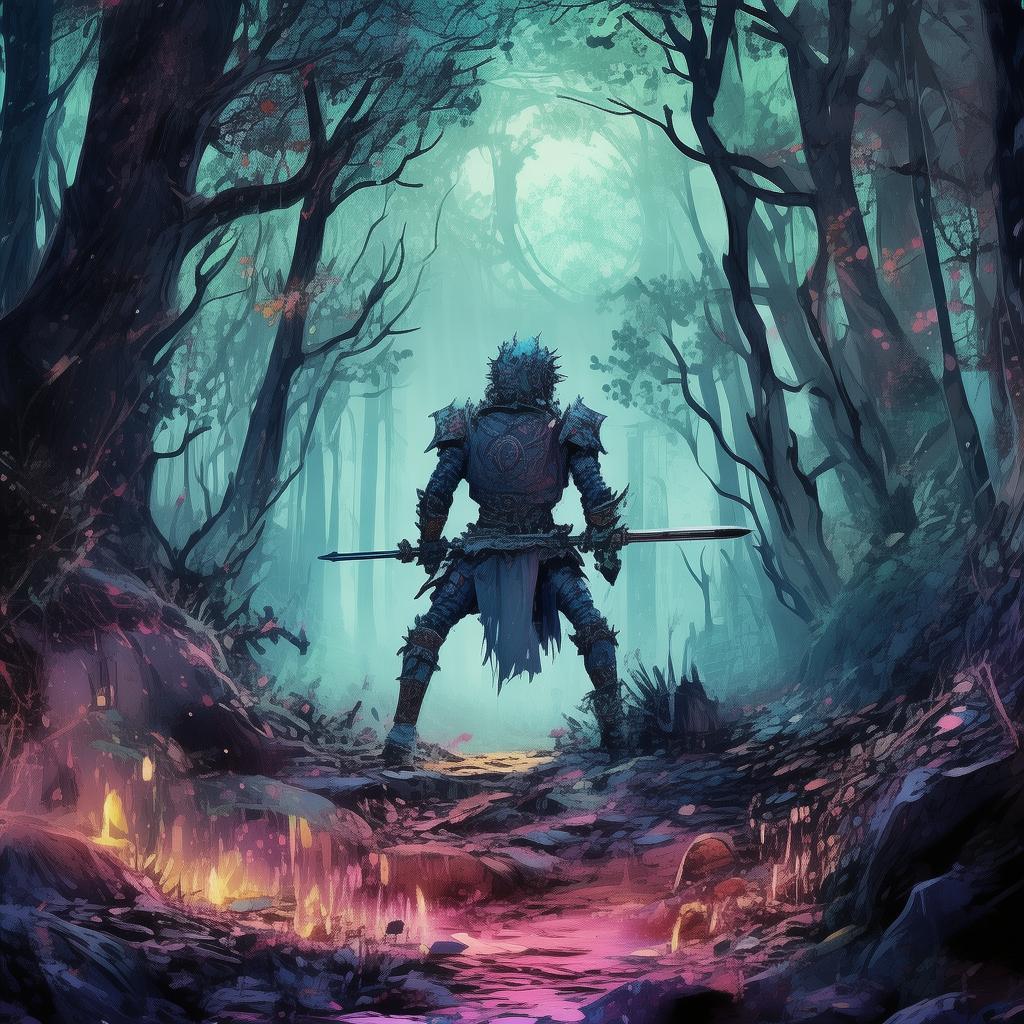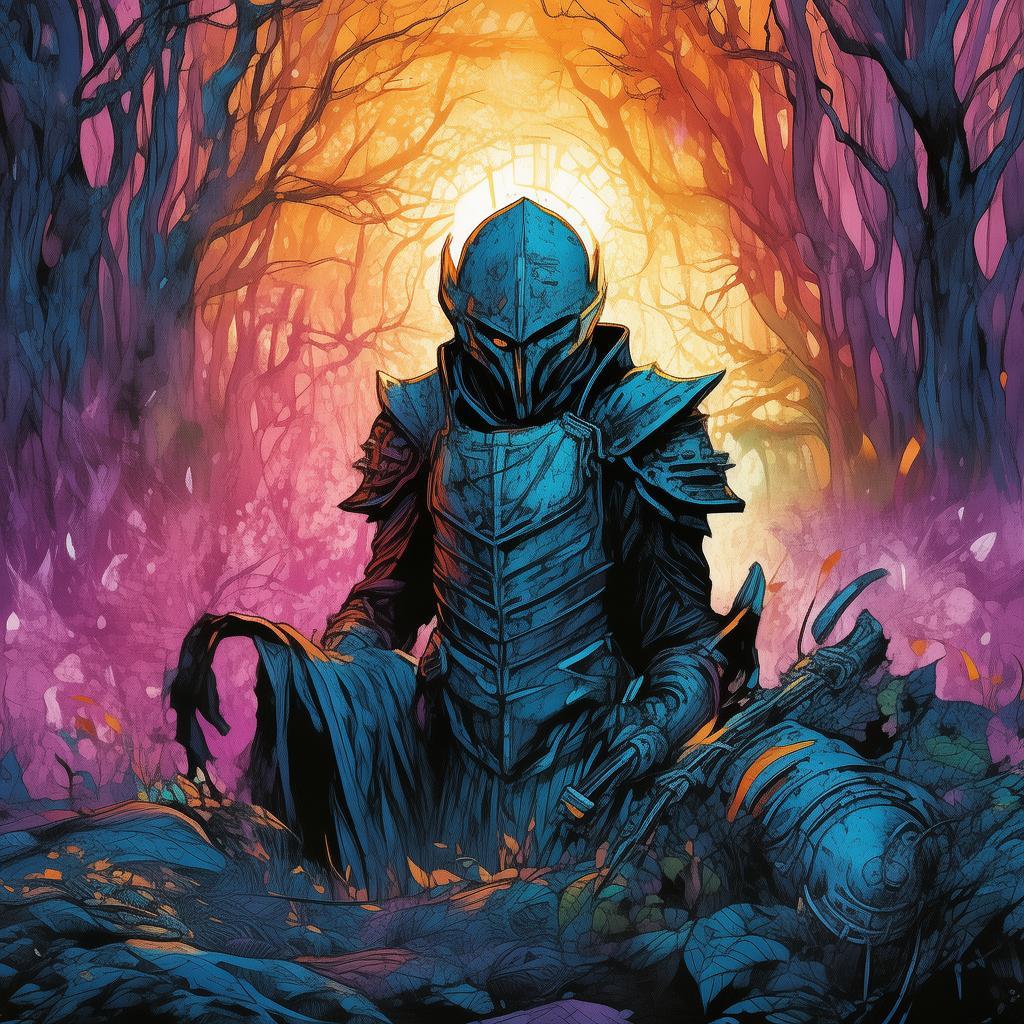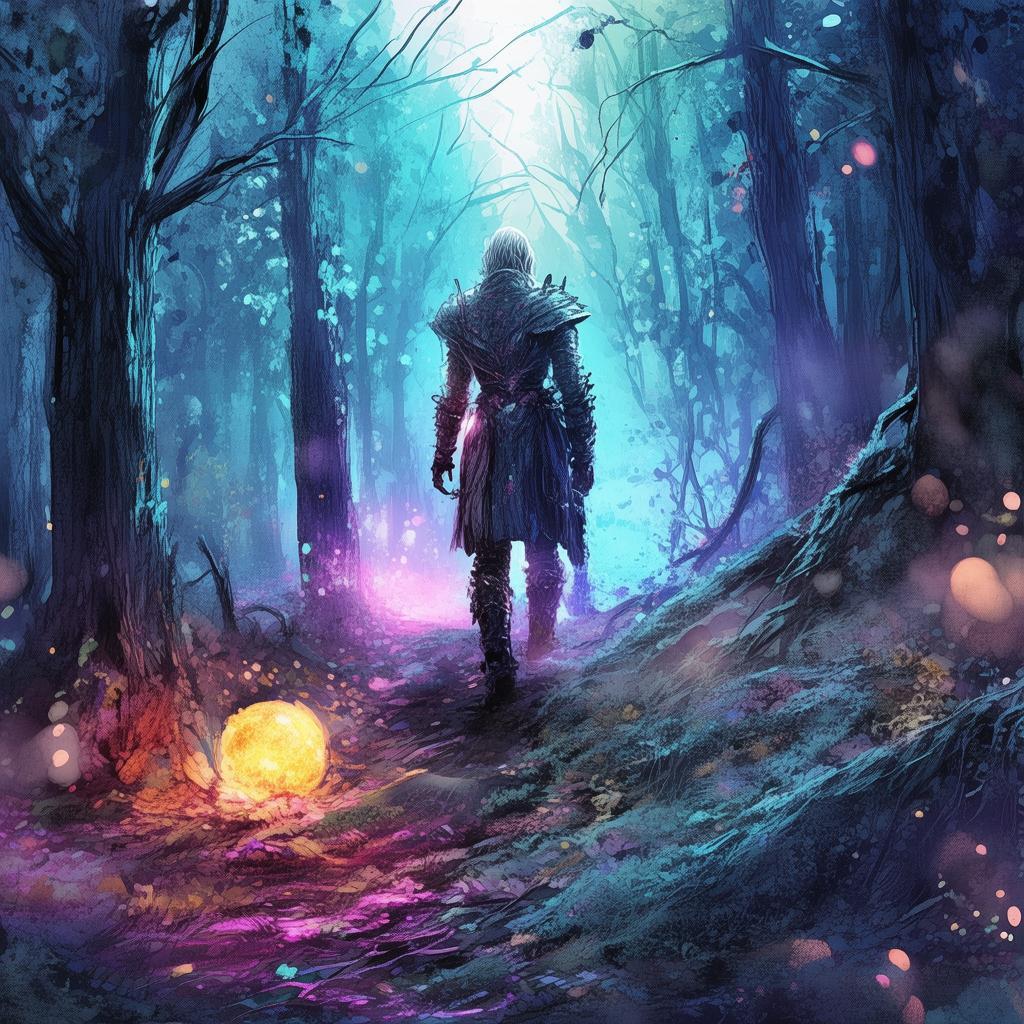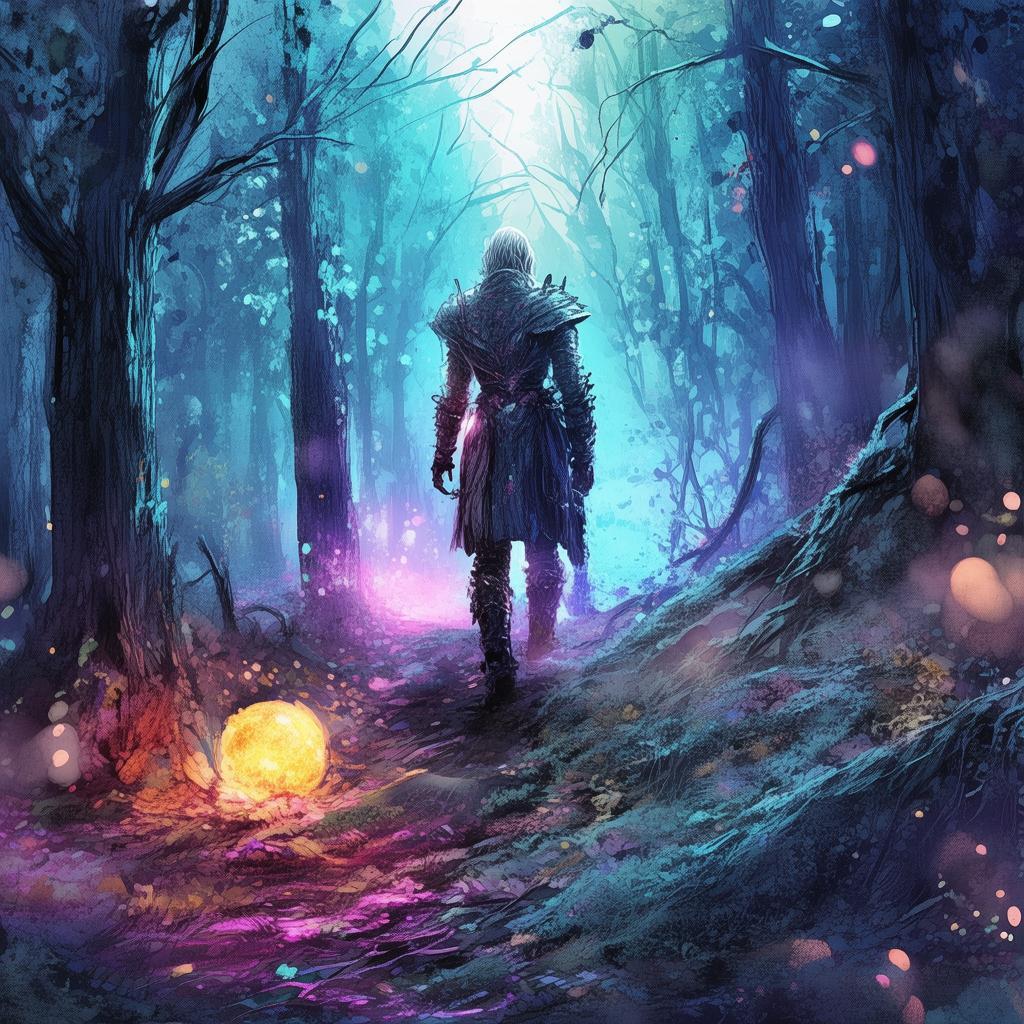The Harvest of the Forgotten: A Quest for Redemption
In the heart of the lush, green rice terraces of the Lost Tribe, nestled in the misty folds of the mountains, there lay a secret that had been hidden for generations. It was a secret so profound that it had become a part of the tribe's folklore, a tale that was whispered only in hushed tones at night. The rice of the Lost Tribe was not just a crop, it was a symbol of their ancient legacy, a living testament to their resilience and strength.
Amara, a young villager with a face that was as weathered as the stones that lined the terraces, had grown up hearing the legends of the sacred rice. Her ancestors had cultivated this rice for centuries, a ritual that bound them to the land and to each other. But as the years passed, the tribe's numbers dwindled, and the once-thriving community was reduced to a shadow of its former self.
One day, as Amara was tending to her plot of rice, she stumbled upon an old, weathered scroll hidden beneath a rock. The scroll was covered in strange, ancient symbols that she had never seen before. Curiosity piqued, she carefully unfolded it, revealing a tale of a great betrayal that had almost led to the tribe's extinction.

According to the scroll, the tribe's rice had once been a source of immense power, a gift from the gods that could heal the sick, protect the people, and ensure the prosperity of the tribe. However, a greedy outsider had discovered the secret and sought to exploit it for his own gain. In a fit of rage, he had poisoned the sacred well that fed the rice, causing the crop to wither and the tribe to fall into despair.
Amara's heart raced as she realized that the scroll was not just a story, but a calling. The rice of the Lost Tribe was not just a crop; it was a symbol of their survival. If she could restore the sacred well, the rice would flourish once more, and the tribe's legacy could be reborn.
With a newfound determination, Amara set out on a quest to find the sacred well. She faced numerous challenges along the way, from treacherous terrain to the skepticism of her fellow villagers. Many questioned her sanity, but Amara pressed on, driven by the knowledge that the fate of her people rested on her shoulders.
Her journey took her through dense forests, over rugged mountains, and across treacherous rivers. She encountered ancient ruins, listening to the echoes of the tribe's past, and she met with spirits who guided her with cryptic messages. Each step brought her closer to the truth, and each revelation deepened her resolve.
Finally, after what felt like an eternity, Amara arrived at the entrance to a cave that was hidden behind a waterfall. The cave was the entrance to the sacred well, and it was guarded by a creature of immense power and wisdom. The creature tested Amara's resolve and her worthiness, demanding that she prove her dedication to the tribe.
Amara, with the knowledge from the scroll and the strength of her ancestors, faced the creature and emerged victorious. The creature revealed itself to be the spirit of the tribe's greatest ancestor, who had once protected the sacred well. Impressed by Amara's courage and determination, the ancestor granted her the power to heal the well.
As Amara returned to the village, the people were in despair, believing that their rice would never flourish again. But as Amara worked the soil and the water flowed from the well, the rice began to grow once more. The crop was not just abundant, but it shone with an otherworldly glow, a testament to the purity of the well's waters.
The tribe's spirits were lifted, and Amara was hailed as a hero. She had not only restored the rice but also the tribe's dignity and connection to their ancient legacy. The Lost Tribe was reborn, and the sacred rice of their ancestors once again brought prosperity and strength to their land.
Amara stood in the heart of the rice terraces, watching the golden waves sway in the wind, and she knew that her journey was far from over. The rice was a symbol of the tribe's resilience, and it would continue to be a beacon of hope for generations to come. The Harvest of the Forgotten had become a tale of redemption, a story that would be told for centuries, reminding all who heard it of the power of courage and the unbreakable bond of a people to their land and to each other.
✨ Original Statement ✨
All articles published on this website (including but not limited to text, images, videos, and other content) are original or authorized for reposting and are protected by relevant laws. Without the explicit written permission of this website, no individual or organization may copy, modify, repost, or use the content for commercial purposes.
If you need to quote or cooperate, please contact this site for authorization. We reserve the right to pursue legal responsibility for any unauthorized use.
Hereby declared.









